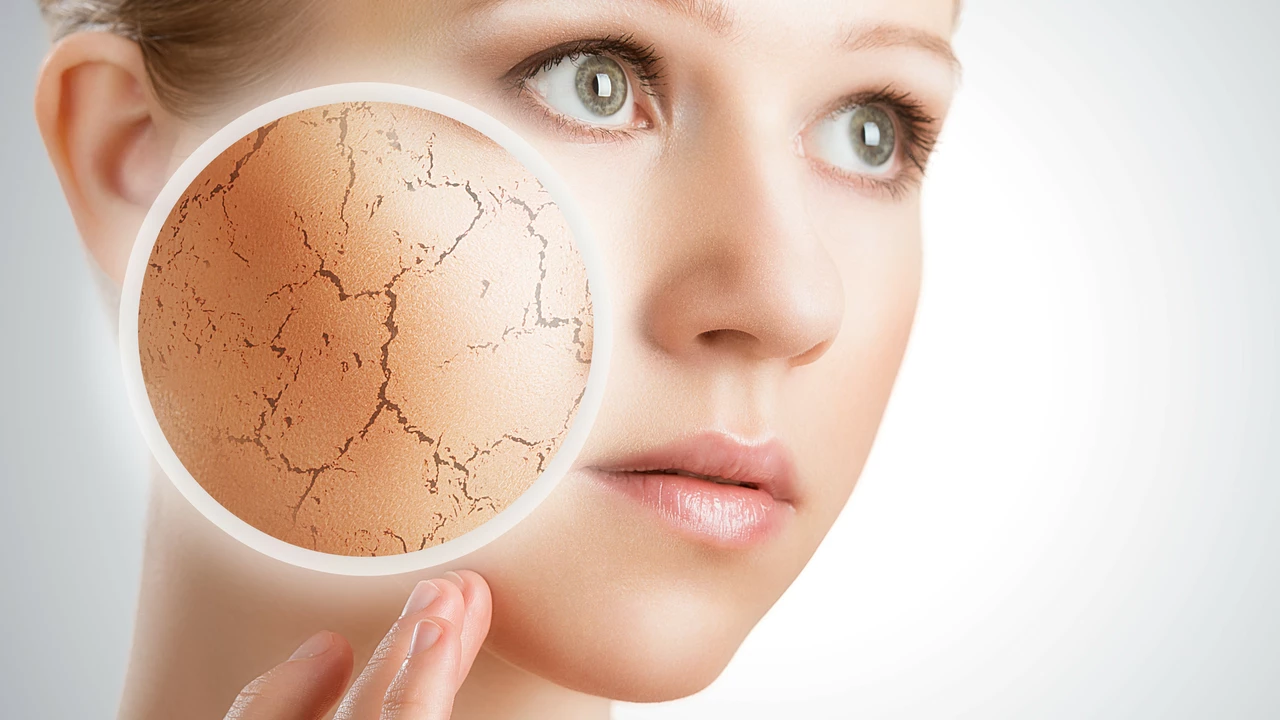Alright, friends, let's dive into the deep end of the estrogen pool and splash around some skin health knowledge. First off, estrogen doesn't make your skin greasy like a fast-food fryer, but it actually helps keep it plump and youthful. And no, too much estrogen won't make you grow a second head, but it can indeed impact skin health. The magical hormone can also help heal wounds, so it's like your skin's very own superhero. In short, estrogen may be the secret sauce to radiant skin, so let's debunk those myths and misconceptions, one skincare routine at a time!
Skin Health: Practical Tips, Treatments & Safe Medication Choices
Want better skin without the guesswork? This page groups clear, practical guides on common skin problems — from acne and rosacea to psoriasis and medication choices. You’ll find straight advice on everyday care, what to try first, when to see a dermatologist, and how to handle prescription drugs safely.
Quick wins for everyday skin
Start simple: gentle cleanser, non-comedogenic moisturizer, and sunscreen every morning (SPF 30 or higher). If you have oily or acne-prone skin, use a benzoyl peroxide wash or a salicylic acid product a few times a week — don’t overdo it or you’ll dry out the skin. For dry or sensitive skin, pick fragrance-free products and avoid hot water.
Patch-test new products on the inside of your wrist for a few days before using on your face. If you notice redness, itching, or a burning sensation, stop and try something milder. Small changes matter: swapping a heavy moisturizer for a lighter lotion, or using a silk pillowcase to reduce friction, can cut down irritation and breakouts.
When to consider prescription options
If over-the-counter treatments fail after 6–8 weeks, talk to a clinician. Prescription options include topical retinoids, topical antibiotics, hormonal treatments for women, and oral meds for severe cases. For stubborn acne, isotretinoin (Accutane) can work where others don’t, but it has serious risks — especially birth defects. Read our Accutane guide to understand side effects, monitoring, and lifestyle changes needed while on the drug.
Not sure about a medication? We cover alternatives. See our article on "10 Alternatives to Isofair" for other acne treatments worth discussing with your doctor. For immune-driven conditions like psoriasis, joining a support group helps with coping and practical tips. Our piece on support groups for psoriasis explains how sharing experiences improves day-to-day care and treatment adherence.
Buying prescription meds online? Use trusted pharmacies and check safety guides before ordering. We have step-by-step posts on buying safely and finding reputable online pharmacies so you don’t risk fake or unsafe products.
Other useful topics linked here: managing side effects (dryness, photosensitivity), choosing supplements carefully, and when to get lab tests. For example, if you’re on long-term meds, periodic bloodwork may be needed — our articles on medication monitoring explain what to expect.
Final tip: track what you try. Take photos every two weeks and note products, diet shifts, and stress levels. That makes it easier for you and your clinician to spot what’s helping. Browse the skin health posts here for specific how-tos, comparisons, and safety tips that match your situation.

